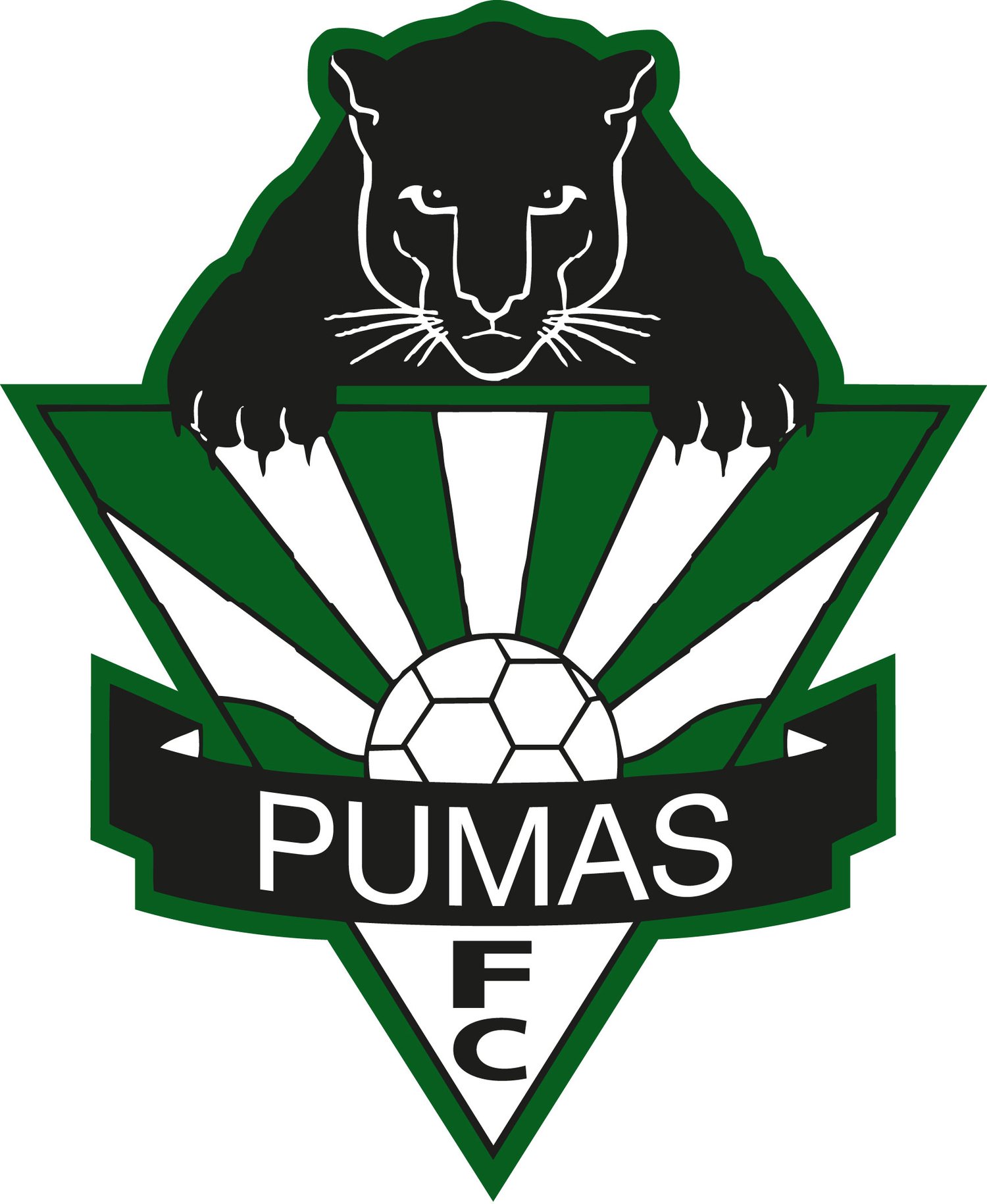Kick-Start Your Game with Nutrition
Written by Grace Leidig, Edited by Emma Schneider
Young athletes need the proper nutrients in order to have energy to grow and stay fueled for physical activity. Here are some tips that will support your soccer star and keep them energized!
What are carbs? Is my child eating enough protein? What are some healthy sources of fats? How much water should my child be drinking during a game?
Check out this easy guide for the answers:
Carbs
“Carbohydrate is the body’s predominant fuel source during most activities, and therefore is the cornerstone of a well-balanced diet for any athlete” (Kerksick & Fox, p. 8, 2016).
Carbs should be 50% + of total calories daily
Smart choices for carbs: whole grains, fruits and vegetables, low-fat dairy, limited amounts of refined sugars
Protein
“Adequate protein is important for tissue growth and repair, hormone and enzyme production, and nutrient transfer in the blood” (Kerksick & Fox, p. 9, 2016).
Protein should be 12-15% of total calories daily
Smart choices for protein: lean meats, fish, nuts, seeds, legumes, low-fat dairy, and eggs
Fat
“Fat plays a critical role in overall physiology including energy production, facilitation of fat-soluble vitamin absorption and assimilation, and an insulator and stabilizer of cell membranes” (Kerksick & Fox, p. 10, 2016).
Fats should be 20-35% of total calories daily
Smart choices for essential fats: fatty fish, flaxseed, oils, nuts, seeds, and green leafy vegetables
Water Intake
References
Desbrow, B. (2021). Youth Athlete Development and Nutrition. Sports Medicine, 51(1). https://doi.org/10.1007/s40279-021-01534-6
Kerksick, C. M., & Fox, E. (2016). Sports Nutrition Needs for Child and Adolescent Athletes. CRC Press. https://doi.org/10.1201/b20132
Rowland, T. (2011). Fluid Replacement Requirements for Child Athletes. Sports Medicine, 41(4), 279–288. https://doi.org/10.2165/11584320-000000000-00000


